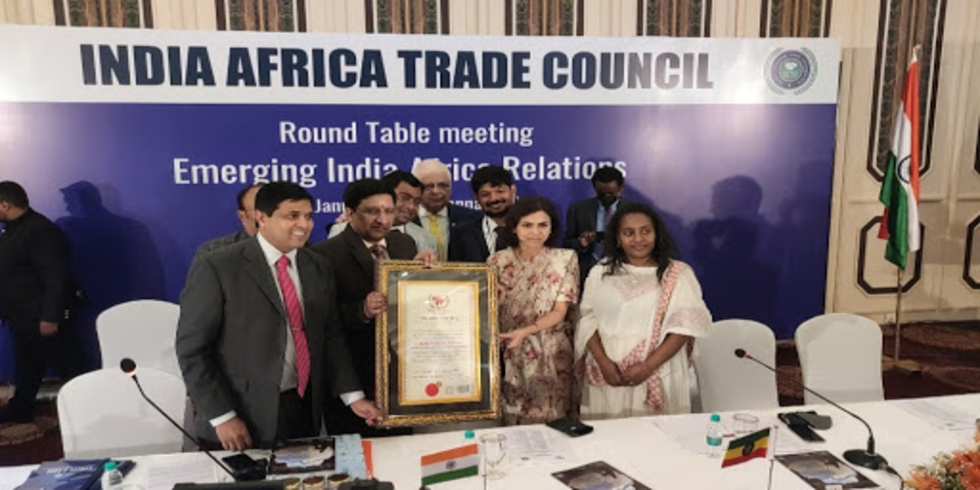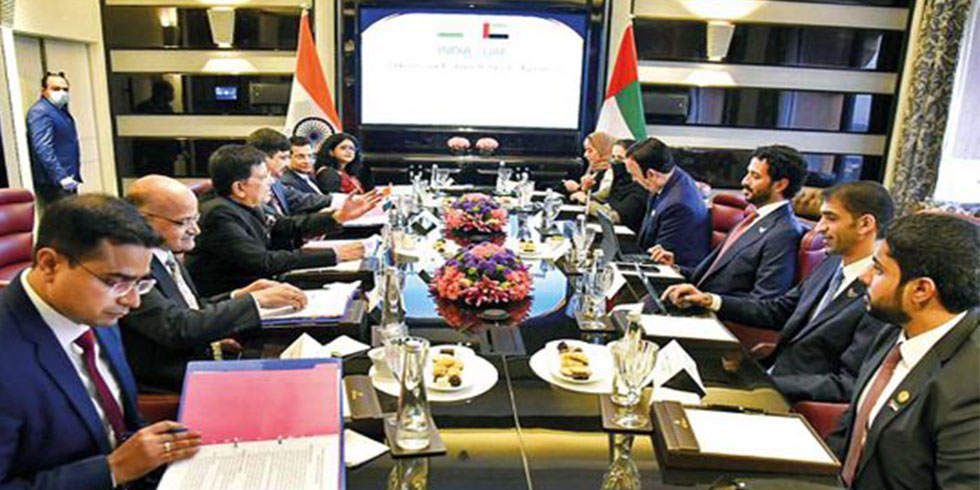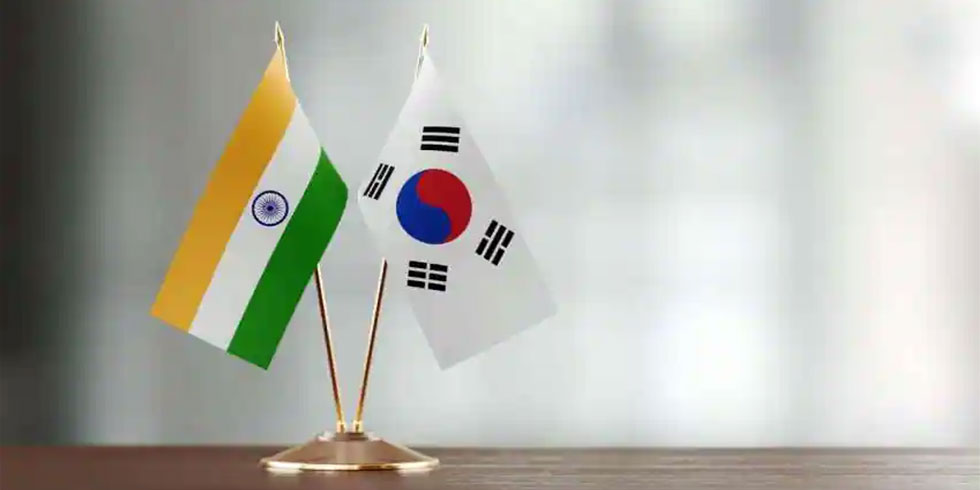On 22 January 2021, the Indian Africa Trade Council was opened by Dr. Tizita Mulugeta Yimam, Ambassador of Ethiopia to India, and Nagma Mallick, Deputy Secretary of the Indian Foreign Service, (Africa) to promote business and trade ties between India and Africa.
Due to its wealth of natural resources, such as millions of acres of farmland and vast oil deposits, the African continent has a varied and largely untapped scope for multilateral market prospects, as well as the capacity to support a large percentage of the world's hydroelectric power in addition to human capital.
This untapped potential is important to India as it tries to build closer trading relations with the region.
To kick-start its programmes, the India Africa Trade Council will open 13 trade offices in each of India's major metropolitan cities to assist Indian businesses who wish to trade with African countries. Each of these trade offices will work directly with the African Embassies in India to create business opportunities in Bangalore, Chennai and Hyderabad.
A recent roundtable meeting organised by the Chennai Trade Council agreed to send a 30-member South Indian delegation representing the Trade Council in April 2021 to sign various memorandums of understanding (MoUs) on health, skills development and agriculture with Botswana, Namibia and COMESA (where Djibouti, Ethiopia, and Zimbabwe are member countries).
This decision was taken by Chris Pohl, Deputy Chairman of the Indian Africa Trade Council; Dr Asif Iqbal, Chairman of the Indian Economic Trade Organization (IETO); and Dr B. Ramakrishnan (Dr. BRK), Founder and CEO of the Chennai Corporate Clinic and Director of the Indian Africa Trade Council, along with Dr Tizita Mulugeta Yimam and Nagma Mallick.
Dr. Asif Iqbal added that interaction with Africa is one of India's top priorities, which will be tackled by providing as many ways as possible for Africa to trade with India.
India is currently Africa's third largest trading partner, accounting for 6.4 per cent of the continent's overall exchange estimated at US$62.6 billion in 2017-18. On the other hand, the volume of trade between China and Africa was approximately US$185 billion in 2018, making China Africa the largest trading partner since surpassing the US.
India's exports to Africa range from mineral fuels to vehicles, medicinal goods, machinery and cereals. Indian imports from Africa, on the other hand, was driven by mineral fuels.
The major export destinations for India to Africa include South Africa, Kenya, Egypt, Nigeria, Tanzania, Mauritius, Mozambique, Algeria, Ghana and Ethiopia. Significant African countries imported from India include Nigeria, South Africa, Angola, Egypt, Morocco, Ghana, Algeria, Tanzania, Libya and Botswana.
There is obviously a great deal of space for investment in the growth of forward and backward linkages in terms of investment opportunities. Indian investment is currently focused on primary resources such as oil, coal, mines, as well as the automotive and pharmaceutical industries in manufacturing.
The African Continental Free Trade Area (ACFTA), which started on 1 January this year, could play a key role in extending Indian trade and investment footprint in the region and fostering domestic industrial enterprises in export-oriented manufacturing. The AfCFTA Agreement puts together 1.3 billion people in 55 countries with a cumulative gross domestic product (GDP) estimated at US$3.4 trillion. According to the World Bank, the study indicates that the complete adoption of AfCFTA will raise pan-African income by 7% or approximately US$450 billion. The deal will also greatly increase African commerce and, in particular, intra-regional trade in manufacturing.














Add Comment